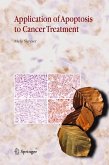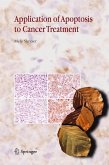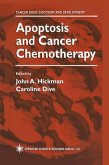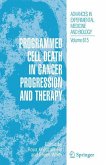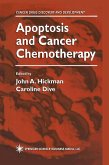This book discusses properties of apoptosis and other cell death modalities in cancer pathogenesis and treatment. Its nine chapters discuss modulation of anti-tumor inflammatory and immune responses, effects on the tumor microenvironment, to strategies for improving pro-apoptotic therapies, mechanisms and implications for disease pathogenesis, axl and mer receptor tyrosine kinases, immunogenic apoptotic cell death and anti-cancer immunity and cancer cell death-inducing radiotherapy. This book places the onco-biology of apoptosis in clear and objective perspective through an expertly synthesized series of reviews.
Apoptosis in Cancer Pathogenesis and Anti-cancer Therapy is a deft and thorough exploration of cutting-edge research in apoptosis and anti-cancer mechanisms from basic biology to oncology. It highlights a rapidly growing field within cancer research and is essential reading for oncologists, biochemists and advanced graduate students alike.
Apoptosis in Cancer Pathogenesis and Anti-cancer Therapy is a deft and thorough exploration of cutting-edge research in apoptosis and anti-cancer mechanisms from basic biology to oncology. It highlights a rapidly growing field within cancer research and is essential reading for oncologists, biochemists and advanced graduate students alike.



